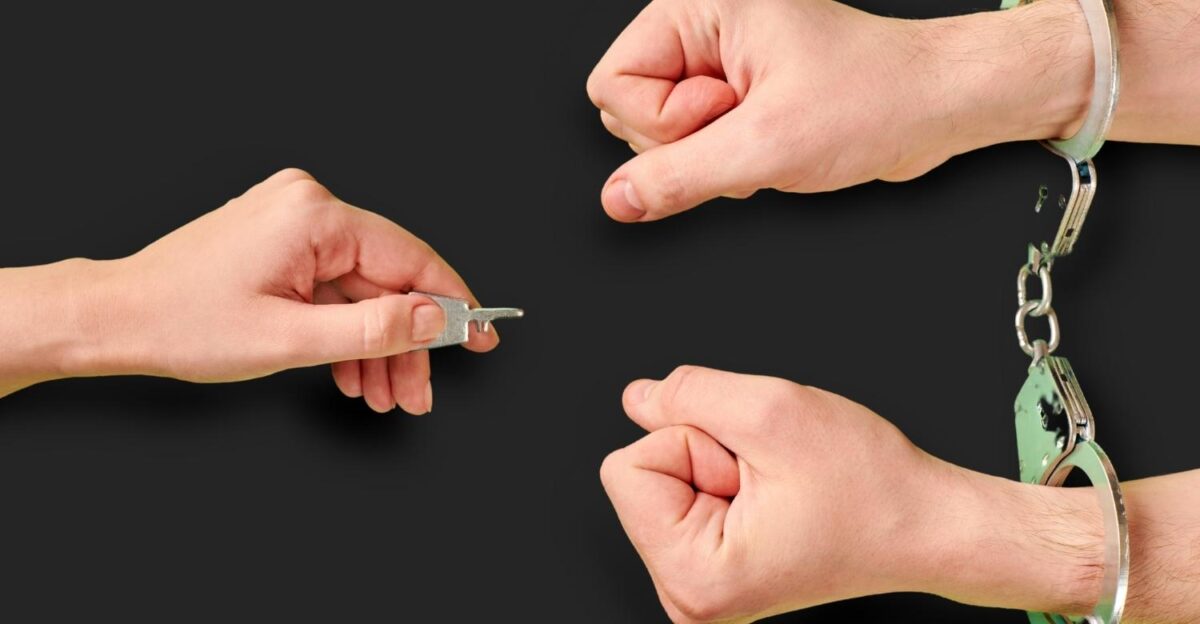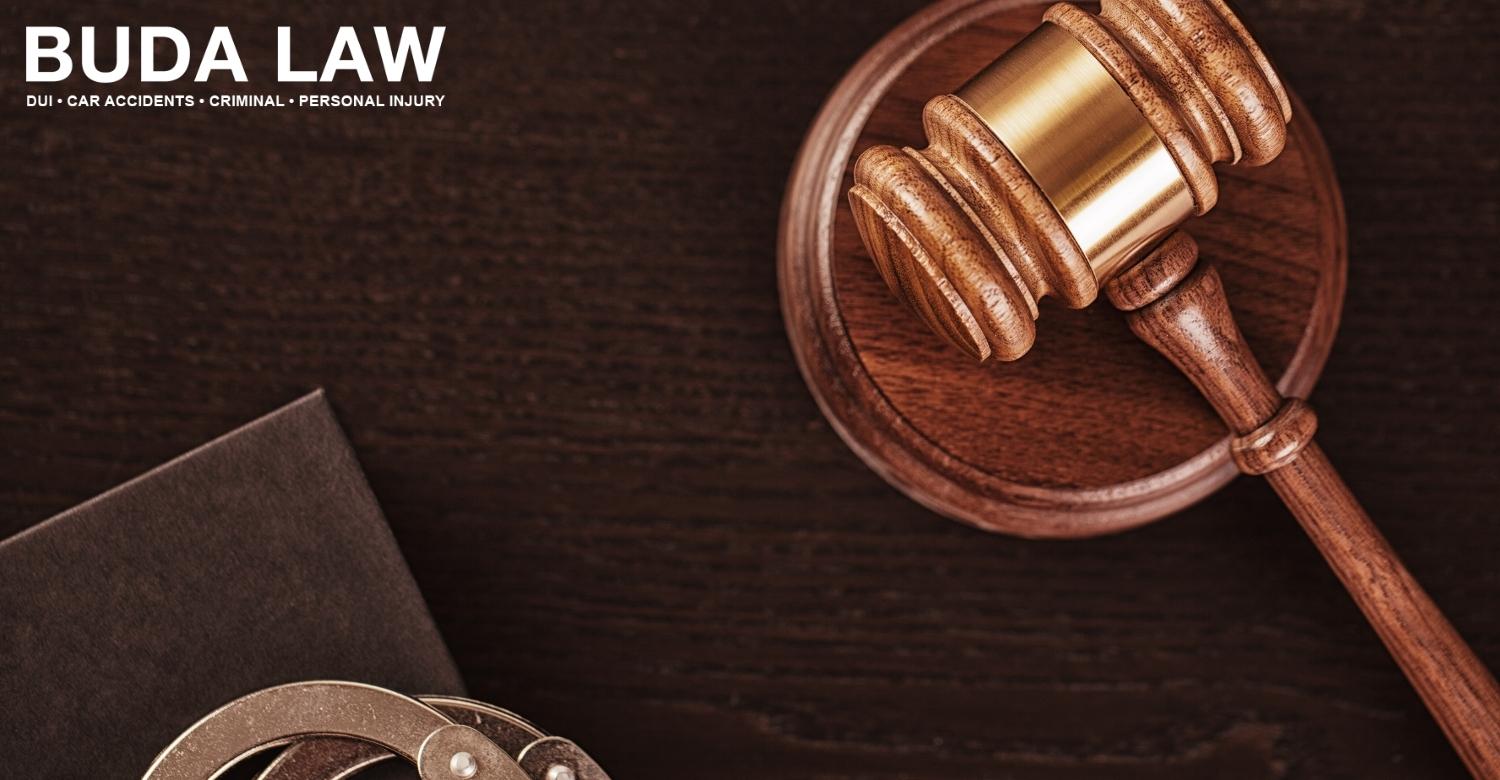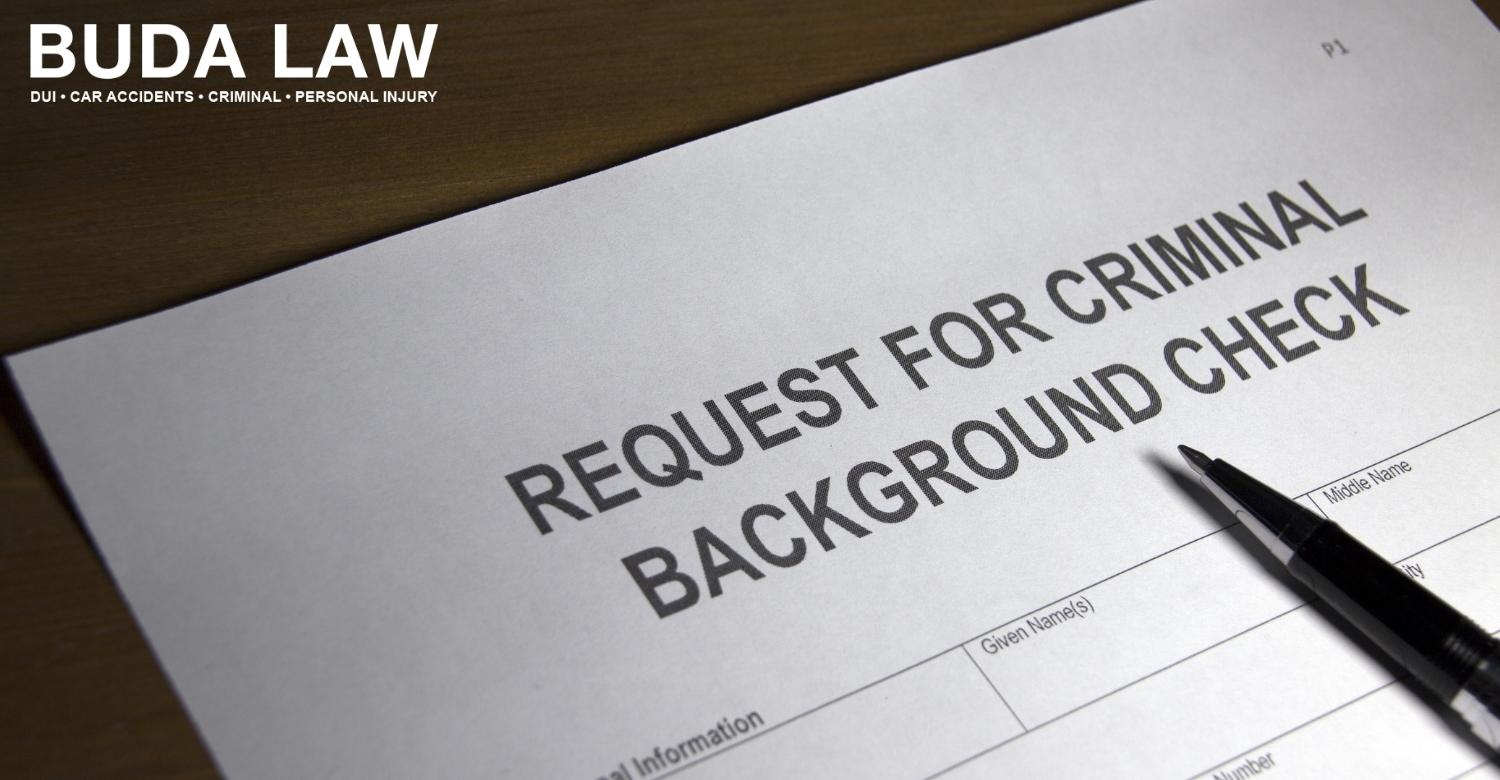
Everyone is guilty of making a mistake or two in their life, but when that mistake could lead to a conviction, it can significantly affect your future. That’s where withholding adjudication comes in. Thanks to Florida law, first-time offenders can potentially qualify for a withheld adjudication.
While this is not considered a “conviction,” the offender still admits guilt of committing the offense. Even though a person is found guilty with a withhold adjudication, they can avoid jail time and receive a second chance.
In this blog post, the Tampa criminal defense attorneys at Buda Law explain what adjudication withheld means and how it can affect the outcome of your criminal charge.
What Does Adjudication Mean?
“Adjudication” refers to the formal judgment or decision made by a court in a criminal case, determining whether a defendant is guilty or not guilty of the charges brought against them. Florida law allows judges to convict a person of their crime (adjudicated guilty) or withhold the adjudication of guilt, meaning they do not receive a criminal conviction.
When a defendant is found guilty after adjudication, they are legally considered responsible for the criminal offense and will face the associated penalties, including fines, probation, or imprisonment.
What Does Withheld Mean?
In criminal law, “withheld” signifies that a judge has opted not to enter a formal judgment of guilt against a defendant, even though they may have been found guilty of a crime. This legal strategy is often employed to provide individuals with a second chance and an opportunity for rehabilitation, particularly for less serious offenses or first-time offenders.

Adjudication Withheld Meaning Florida
Adjudication withheld refers to a decision made by a judge in a criminal case where, even if the defendant pleads guilty or is found guilty of a crime, the court refrains from entering a formal judgment of guilt. Instead, the judge may withhold the adjudication and place the defendant on probation or impose certain conditions that the individual must meet.
This legal maneuver serves several purposes. First, it offers individuals a chance at rehabilitation and a clean slate, especially when the offense is minor or the defendant is a first-time offender. By withholding adjudication, the court allows the individual to complete probationary terms, including community service, counseling, or restitution, to help them reintegrate into society as law-abiding citizens.
Withholding adjudication can significantly benefit the defendant’s future prospects, as it may prevent the formal conviction from appearing on their criminal record, thereby mitigating potential negative consequences such as difficulties in obtaining employment, housing, or professional licenses. It is a valuable tool within the criminal justice system that allows for a more balanced and rehabilitative approach to certain cases while maintaining public safety and accountability.
Criminal defense attorneys often strive to secure adjudication withheld for their clients, recognizing its potential to offer individuals a second chance and a path toward a brighter future.
Florida Statutes Section 948.01
In Florida, judges can withhold adjudication according to Florida Statutes Section 948.01. Under this Florida statute, the presiding judge may determine that the individual is not likely to commit another criminal offense or if they believe the offender is not a risk to society. Based on this statute, a withhold of adjudication is often offered to first-time offenders.
Who Qualifies for Withholding Adjudication?
Most first-time offenders qualify for a withhold of adjudication. In certain circumstances, a judge may withhold adjudication for an individual with a prior withhold, but it is up to the judge’s discretion.
Additionally, the withholding of adjudication can occur for a second-degree or third-degree felony in Florida if one of the two conditions listed below are met:
- The prosecuting attorney requests the withholding of adjudication; or
- The judge decides the circumstances of the offense warrant the withholding of adjudication.
If the individual has a previous second-degree felony conviction and received an adjudication withheld for a different offense, the judge is prohibited from issuing a withhold of adjudication. If the individual facing conviction of a third-degree felony has two or more prior adjudications withheld, they also cannot receive a withhold of adjudication.
What Offenses Do Not Qualify
However, certain crimes do not qualify, even if it’s a first offense, according to Florida Statute Section 775.08435. Some of the more serious criminal offenses that do not qualify include:
- DUI
- First-degree felonies
- Second-degree felonies
- Capital felonies
- Domestic violence in the third-degree

Does Adjudication Withheld Show Up on Background Checks?
Yes, an adjudication withheld will still appear on a person’s criminal record and background checks unless their record is sealed. So if a person with a withheld adjudication is filling out an application asking if they have a criminal record, they must answer with “yes.”
How Long Does Adjudication Withheld Stay on Record?
A withhold of adjudication will remain on a person’s criminal record for the rest of their life unless the criminal offense qualifies for sealing.
Below are some criminal charges that qualify for withholding adjudication but cannot be sealed:
- Assault or battery
- Felony domestic violence
- Lewd and lascivious crimes
- Aggravated assault
- Stalking or aggravated stalking
- Unlawful sexual conduct
- Drug trafficking
- Fraud
So, while you may receive a withhold of adjudication for your criminal charge, the offense may remain on your criminal history if it doesn’t qualify for sealing.
Should I Accept a Withhold of Adjudication?
A withhold of adjudication can benefit those facing a criminal conviction. Since some felonies qualify for withholding of adjudication, a person can avoid being labeled as a convicted felon. While this opportunity gives individuals facing conviction a second chance, they must follow the guidelines of their probation. Violating probation can have serious consequences, potentially resulting in jail time for the initial offense.
Pros and Cons of Adjudication Withheld
While withholding adjudication may sound like a great deal for those facing a criminal conviction, it’s important to understand that while there are pros to an adjudication withheld, there are also some cons.
Pros of a Withhold of Adjudication:
- There’s no conviction: If you receive a withhold of adjudication, you don’t have to suffer the collateral consequences of a conviction. While often minor, even misdemeanor offenses can result in job loss, finding employment, qualifying for a loan, and buying a home, a felony conviction has even harsher consequences, like not being able to purchase a firearm or vote.
- Probation: Withholding adjudication only results in a probation sentence that can include community service, counseling, and drug tests..
- Skip the trial: By requesting a withhold of adjudication, you can avoid the embarrassment of a criminal trial and expensive fees.
- Purchase firearms: In Florida, convicted felons cannot purchase or possess a gun. However, with withholding adjudication, a person can maintain the right to own and buy a gun, as well as other civil liberties.
Cons of a Withhold of Adjudication:
- Not all records qualify for sealing: If the crime that received the withhold of adjudication was one of domestic violence, manslaughter, kidnapping, aggravated assault, burglary, or a sexual offense, it would not be eligible for sealing regardless of an adjudication withheld.
- Background checks: As mentioned above, the withhold of adjudication will appear on background checks unless it’s sealed. If you’re filling out an application asking if you’ve been arrested, you must answer “yes.”
- Severe punishments in the future: If you’re convicted of another crime with a prior withhold on your record, you could face harsher sentences for that crime. It could even result in being labeled a habitual offender.
- Withholds stop at the Florida line: The perks of a withhold of adjudication end once you leave the state. Courts in other states or federal jurisdictions don’t recognize a Florida withhold adjudication. This can be especially challenging if it was a felony offense.
It’s important to note that withholds are treated similarly to convictions when determining sentencing. For example, offenders who are facing conviction for another crime who have previously received a withhold adjudication can be labeled as “three-time violent felony offenders,” “habitual felony offenders,” or “violent career criminals.” The Florida Supreme Court also considers a person’s withheld adjudication of driving with a suspended license when determining if they should receive a five-year habitual traffic offense suspension.
What Happens if You Violate the Terms of Probation for Adjudication Withheld?
A person’s withhold of adjudication relies on completing probation. If they violate their probation terms (called a technical violation of probation), they can lose the withhold of adjudication and face harsher penalties than what they would have received at the initial sentencing.

Need Experienced Legal Help? Call Tampa Criminal Defense Attorney Andrew Buda Today
A criminal record can prevent a person from many opportunities they would have had had they not been convicted. With a withhold adjudication, a person can have a second chance at life and avoid jail time.
If you believe that your criminal charge could qualify for a withheld adjudication, Tampa criminal defense attorney Andrew Buda can help. Whether your crime allows a withheld adjudication or not, you can trust that your legal team from Buda Law will do everything possible to secure the most favorable outcome given your unique circumstances.
To learn more about how attorney Andrew Buda can help with a withholding adjudication, schedule a free consultation by calling (813) 322-2832 or completing a convenient online intake form today.
